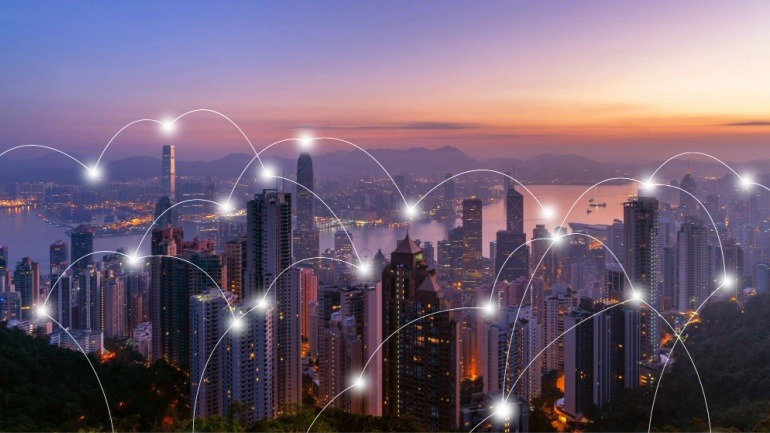A recent spectrum auction in Austria, overseen by the country’s telecoms regulator, the RTR (Austrian Regulatory Authority for Broadcasting and Telecommunications), has introduced a noteworthy condition aimed at promoting energy efficiency within the telecommunications industry.
The auction, which concluded last week, saw the sale of spectrum in the 3.6 GHz and 26 GHz bands, fetching approximately €25 million for the state. While the financial outcome may not have been remarkable, the regulator’s decision to permit the turning off of airwaves overnight has captured attention.
This move signifies a shift towards sustainable use of frequencies, marking the first time such a provision has been implemented. Operators are now allowed to deactivate the frequencies between midnight and 5:00 a.m., provided there is no compromise in performance compared to daytime operations.
The RTR’s decision aligns with ongoing discussions surrounding energy consumption in the telecom sector. With the radio access network (RAN) accounting for a significant portion of operators’ energy usage, there has been increasing emphasis on implementing energy-saving measures.
One such strategy involves employing Advanced Sleep Modes, enabling mobile sites to enter low-power states during periods of minimal data transmission. The evolution towards 5G-Advanced and eventual 6G networks is expected to further enhance energy efficiency from the outset.
Interestingly, the RTR’s condition applies specifically to the 26 GHz frequencies sold during the auction, which generated around two-thirds of the total revenue. Market leaders A1 Telekom Austria and T-Mobile, among others, secured blocks of spectrum, with T-Mobile notably investing in 40 MHz of spectrum for nearly €5 million in the 3.6 GHz band.
While the focus of spectrum auctions typically revolves around who acquires what frequencies, this particular auction highlights a different narrative. It underscores the importance of energy conservation, with operators now having the option to power down spectrum during off-peak hours to mitigate electricity costs.
The RTR’s decision reflects a concerted effort to address sustainability concerns within the telecom industry, signaling a broader commitment to environmental responsibility amidst the ongoing evolution of telecommunications technologies.







